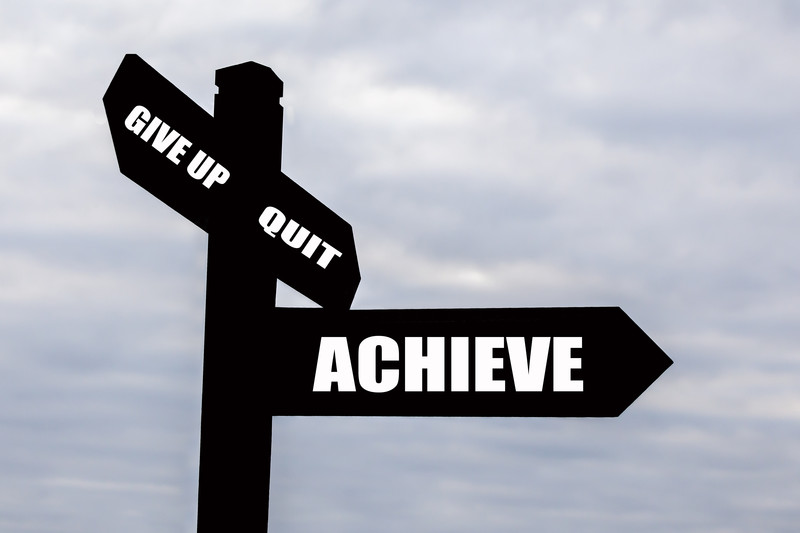Business growth coach will suggest that you make plans to pay yourself first and plan to reward yourself for every meaningful contribution and every positive achievement that you are proud off.
“I pay myself first, and don’t make undue personal sacrifices of time or money for the sake of the business. “
Maybe the statement above sounds harsh and out of context but the demands on time and money are real. I imagine every small business owner has experienced it, regardless of experience or funding.
And Guess What?
Where do you find that readily available resource when all other avenues drain out?
The easiest place to find time is to “borrow” it from your personal life: Longer hours, missing the kids’ games and important family gatherings, eating at the desk or dropping out of volunteer activities.
Socializing, what socializing? Friends, what friends?
The easiest place to find money is also to “borrow” it from your personal life: Pay yourself less (or nothing at all which is very likely), put off starting a retirement fund (you have all the time to do so later), or even dropping important health or life insurance coverage (because you don’t need it, you are in perfect shape?!).
These entrepreneurs generally rationalize their behavior by thinking one or more of the following;
One day or Someday, when…
-
things get better …
-
I catch up …
-
we have more cash …
-
I have better employees …
-
the business gets bigger …
Then I’ll be able to…
-
spend more time with my family.
-
engage in strategic planning.
-
make more money.
-
save for the future.
-
get back into exercising.
-
have a life outside the business.
You’ll have to make sacrifices when you start a business. It requires long hours, hard work, and postponing big paydays for now, in return for bigger paydays in the future. You need to do what needs to be done and you need one hundred percent support from your spouse and your family.
At the same time … don’t be a victim, and don’t be an easy target…
Perhaps the best way to think about a start-up, is planned sacrifice. In other words, don’t open the doors and just hope that someday you can start taking a salary. Build your salary into your plans and your projections. Start small and then build up from there. Reward yourself; it pays in the long run.
That doesn’t mean you should start taking a salary on day one. It also doesn’t mean that you should be at any specific level of compensation. On the subject of time, it doesn’t mean you shouldn’t work long hours. I’m talking about a mindset, an attitude, an approach to your business in its early stages. I’m talking about the difference between winging it and planning for it.
You probably saw so many ads on Facebook, the internet and all over the media that now, in this so called “new economy,” you can work less and make more… Yes it is possible, but will it certainly happen, probably not. My view on this is that you will work longer hours, you will be stressed out and you will experience difficulties, obstacles and everything that being an entrepreneur means. However, obstacles and difficulties are a learning curve and should be considered that way.
You simply need to step out of your comfort zone, do things that you’ve never done before, test, fail and you persevere.
You need to learn, grow and make necessary adjustments. This is the rough road in front of you. It is not going to get easier any-time soon.
You will become better in time and your life will change accordingly.
You have to put your situation on the table and make specific decisions for yourself. If you’re married and have a family, include your spouse. If your children are older, including them in the discussion will be a good learning experience for them too. Ask questions like;
-
How long are we able and willing to go, without an income after start-up?
-
What level of salary is desired and/or needed after 1 year, 2 years, and 5 years?
-
What insurance coverage’s do we need and how will we pay for them?
-
What hours can I work and still meet our family’s needs?
-
What leisure activities am I willing to put aside for a while?
When your enterprise can afford it, budget for a fair rate of pay for yourself. Work it into a regular payroll schedule – preferably weekly or bi-weekly. Don’t leave it to chance or “if there’s enough left over after paying the bills.” Your pay should become an obligation of the company, just like paying other employees, paying taxes, and paying your vendors.
One more thing that really pisses me off is abundant thinking and all the hype that goes around it. Make no mistakes, this is not the abundance economy, things are not readily available; you can’t have all that you want…and so on and so on.
This is about scarcity economy, you have to fight, sacrifice, trade off, improvise, persist and work harder than any time before. Due to demands, economic turnarounds, crises, competition and technology breakthroughs, we have a variety of choices and constant interruptions in the way we do things. When disruptions take their toll, you must revise and realign; that’s the whole truth. There is nothing abundant in this world.
Everything that you need and want, you have to deserve and achieve…

Trade-offs are a way of life for entrepreneurs. Your compensation is part of a trade-off between leaving cash in the company to finance current liquidity to future growth and your personal prosperity. If your company has reached a point of relative success, your own pay should at least be comparable to the amount you’d need to pay a competent and qualified “hired hand” to run your operation. More pay can come with increased business success, but don’t get greedy. Think long-term. Think how other successful people think.
I will not give you examples, you know them without me telling you and explaining to you what I mean. Examples are all around us…
So what do you do then?
“You pay yourself first and don’t make undue personal sacrifices of time or money for the sake of the business. Take calculated risks and think in a long term perspective. You are here to stay and make a contribution. You are not a seasonal player, it is about endurance and you are aiming for the hall of fame.”
Can you honestly make this statement?

